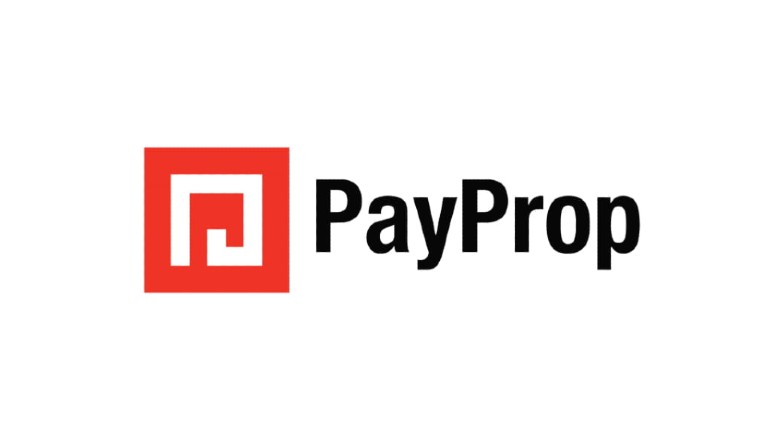
Added to this, the UK is headed for its biggest recession in history, according to the Bank of England – putting additional pressure on the finances of tenants who may have been made redundant or furloughed during this crisis.
What if a tenant cannot pay?
Rents are proving to be a very contentious issue. While various lobby groups are calling for rents to be paused or cut, government guidance makes it clear that rent remains legally due and tenants are being urged to not simply default, but speak to their landlords if they are struggling to pay.
Agents can help by making struggling tenants aware of the financial support on offer from the government, including Universal Credits and the Hardship Fund, administered by local authorities. However, it is important that clear communication and good record keeping is followed, so everyone involved has a clear idea of how much is owed and when it is due.
For agents chasing arrears, it is also important to comply with current legislation (see below) and keep reminders friendly, while documenting all communication.
Eviction notices have changed
Any agents under pressure to evict tenants that are in significant arrears should be aware of how the Coronavirus Act 2020 has affected the process. Any notice seeking possession now includes a three-month expiry date, up from one month before the pandemic, meaning a tenant cannot be removed for three months from the date the notice is served.
HMO owners could also be under pressure to remove tenants who have fallen ill with COVID-19. However, agents who have kept up to date with the latest government guidance will know that “nobody can be removed from their home because of the virus.” Communicating this to any landlord or tenants affected could cut the chances of complaints.
Other legislation recently came into force
Awareness of other recent and upcoming legislative changes will also be key. In March, the Homes (Fitness for Human Habitation) Act was extended to cover existing as well as new tenancies. This means more renters can now take direct legal action if their properties are not up to scratch.
Landlords whose properties fail to meet appropriate standards could be ordered by the courts to pay potentially unlimited compensation, carry out compulsory improvements, or both.
On top of this, the Tenant Fees Act is being extended in June to cover tenancies that started before 1 June 2019.
Compliance and communication
While the need for compliance is a given, agencies must be able to demonstrate their compliance. Evidence of good communication and record-keeping will be crucial in the coming months to keep clients happy and reduce complaints.
In practice, this will involve recording changes to payment schedules, maintaining a full and transparent paper trail, and keeping all parties up to date with the latest information. Technological solutions that automate these processes will be particularly valuable at this time.
For any agents unsure of how the Coronavirus Act 2020 affects the PRS, Government guidance is available.
Agencies looking to automate and streamline their communications and payment processes while ensuring 100 per cent accuracy should book a demo with PayProp. Not only will it count towards your Continuing Professional Development (CPD) if you are an ARLA Propertymark member, but members also get 10 per cent off PayProp’s service fee – and for a limited time only, free setup and onboarding.



